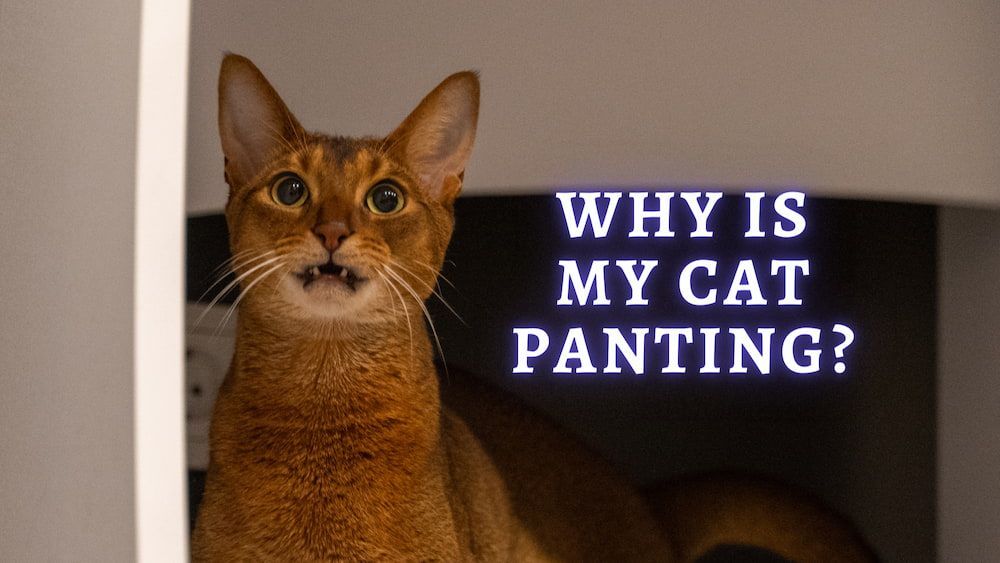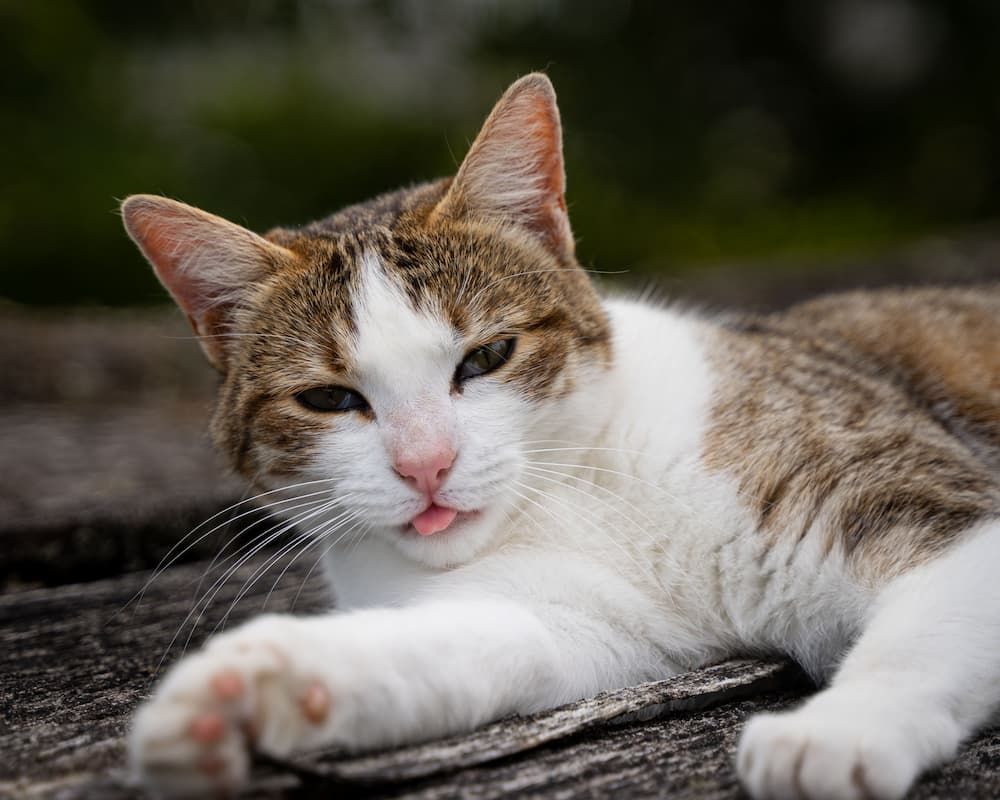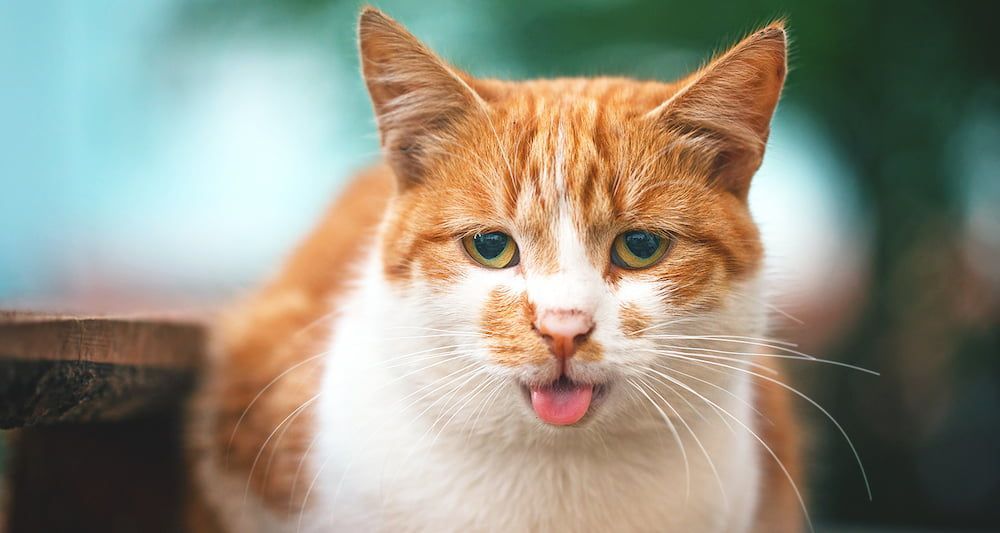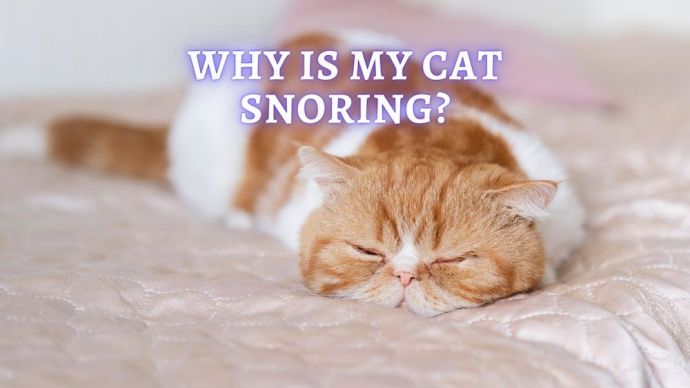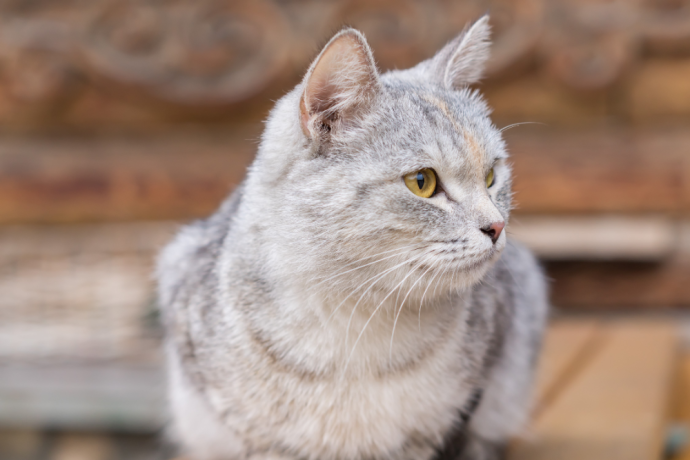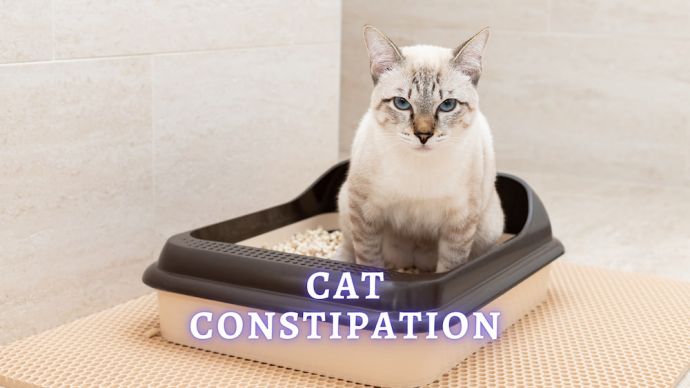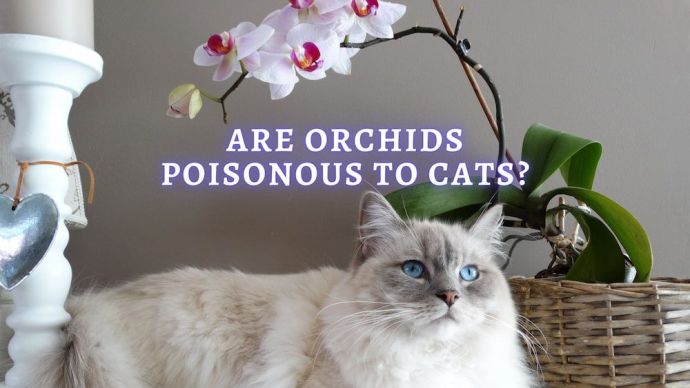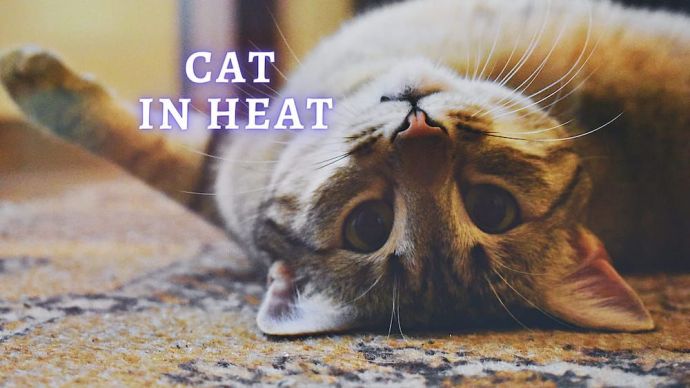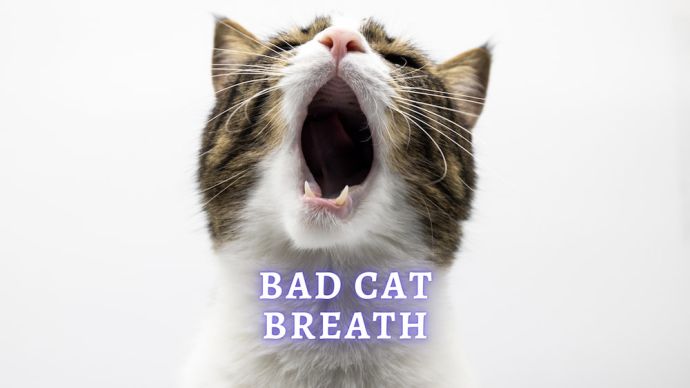Cat Panting: Why is My Cat Panting?
Written by:
Author: Carol Young
Carol has worked in specialty, emergency, mixed animal and general veterinary practices, and enjoys all aspects of veterinary medicine. Her special areas of interest include anesthesia, critical care, emergency, dentistry, internal medicine and small animal nutrition.
View all 62 articlesLearn about our editorial process and veterinary review board.
Viewed: 2005
Updated on: 07/01/2021
We all know that it’s normal for dogs to pant, specially when they are excited, exercising, or are overheated; but, panting in cats is not normal. Like dogs, cats may pant when stressed or hot, but it is very unusual and is a sign of a more serious condition. Felines do not pant to cool themselves down like dogs, and open-mouthed breathing as a rule should not happen at all in cats. If you experience panting in your cat, contact your veterinarian right away and schedule a full examination. Often panting in our feline friends is a symptom of stress or an underlying medical condition.
What Does Cat Panting Look and Sound Like?
Panting in cats can often look like panting in dogs but it is very rare and should be cause for concern. Panting felines will have their mouths open, the tongue out, and they will be taking rapid, shallow breaths. Most cats lay down in a sternal position when they are panting, and often are agitated or uncomfortable.
Is Cat Panting Bad?
Normal breathing should be regular and natural, and panting is a sign that something is wrong. Cats only breathe hard with their mouths open when they are very stressed, hot, or if they have a medical problem. For example, cats with asthma, heart failure, pulmonary edema (fluid in the lungs), certain types of cancer, or pneumonia may pant to get more oxygen. If you notice panting in your cat and you are concerned, contact your veterinarian.
Is It Normal for Cats to Pant?
Panting in cats is not normal, but it may occur if your kitty has been overactive, stressed, or overheated. In most cases, panting can be alleviated if there is a chance to calm down or cool down and rest. Stress is one of the more common causes of panting in healthy cats and can be treated by removing the cat from the source of tension. But, if you notice panting in your cat on one or more occasions, contact your veterinarian to rule out any health issues.
READ MORE: How to Calm a Hyper Cat
Alarming Signs in Cat Panting
No matter the cause, panting in your cat is cause to contact your veterinarian. Signs of a medical emergency include abdominal breathing (where the cat is breathing heavily and the abdominal muscles are working hard to move oxygen throughout the body), blue, purple, or white gums and tongue, rapid, shallow breathing, the inability to get comfortable. Your vet can offer supplemental oxygen and conduct diagnostic tests to check for heartworm, anemia, bacterial infections, or metabolic diseases such as diabetes. Chest X-rays and a cardiac ultrasound can detect changes in the heart and lungs.
Causes of Abnormal Cat Panting
Several medical and environmental conditions cause panting in cats, and these include:
1. Asthma
Asthma occurs when a cat inhales particles that stimulate an allergic reaction, causing the tissue of the bronchi and lungs to become inflamed. This can cause panting, coughing, and wheezing. [1] Asthma treatment [2] often entails the use of corticosteroids or bronchodilators to reduce inflammation. Asthma can be triggered by stress, so treatment for this may involve anti-anxiety medications as well.
2. Heartworm
Believe it or not, cats can get heartworm. Heartworms are minuscule parasites that can infect the heart and lungs, and can trigger Heartworm Associated Respiratory Disease, which can cause coughing, wheezing, heavy breathing, lethargy, hiding, lack of appetite, and other signs of respiratory distress. Treatment often involves corticosteroids to reduce inflammation and oxygen therapy in more severe cases.
3. Congestive heart failure
Congestive heart failure is caused by fluid accumulation in and around the lungs, causing panting, rapid breathing, and coughing. Accumulation of fluid reduces lung capacity and decreases circulating oxygen levels. The excess fluid around the heart is caused by the inability of the heart to pump normally, so blood builds up in the veins that take the blood into the lungs. As the pressure in the blood vessels increases, fluid is then pushed into the air spaces in the lungs. Treatment involves draining the fluid from around the lungs or prescribing medications to dilate the blood vessels, eliminate excess fluid, and make the heart contract with greater force.
4. Respiratory infection
Respiratory infections in cats can also cause panting and breathing difficulties. Most respiratory infections occur as secondary infections due to a virus such as FIV or FeLV and are most often treated with antibiotics and supportive care. Treatment can also involve using humidifiers and steam to help loosen up fluid and mucus buildup in the lungs and make breathing through the nose easier. Signs and symptoms of respiratory infections in cats include panting, sneezing, wheezing, and coughing.
5. Anxiety
Anxiety and fear can also cause stress in cats, triggering the panting response. They are creatures of habit, and they often feel stress if something in their environment has changed, such as introducing a new pet, construction projects, or a new human member of the household. Treatment for anxiety entails identifying the cause of the strain, as well as consulting with your veterinarian about the use of anti-anxiety medications and other solutions. [3]
6. Anemia
Anemia [4] is a condition where there is a deficiency in the number of red blood cells responsible for transporting oxygen throughout the body. Felines suffering from anemia may experience panting, heavy and rapid breathing, and increased lethargy and tiredness.
7. Stress Or Trauma
As mentioned above, cats are creatures of habit and do react differently to stress and trauma. Symptoms of stress or have experienced a traumatic event include panting, hiding, trembling, inappropriate urination, vocalization, and agitation. If you suspect that your cat suffers from stress or trauma, it is important to identify the trigger and remove it if possible. Cats do seek out safe, quiet places, so offering your cat a quiet haven from the normal hustle and bustle of life is critical. Also, you can consult your veterinarian for ways in which to help calm your cat and keep him stress-free.
8. Pain
Panting can also be a response to physical pain. Although most cats are experts at hiding pain, symptoms include rapid breathing hiding, lethargy, and exhibiting a crouching position while resting. If your cat is panting and exhibits aggressive behavior, excessive vocalizing, rapid heartbeat, excessive purring, inappetence, or a reluctance to move, he may be in pain and should receive medical attention.
When to See a Veterinarian about Cat Panting
As mentioned above, panting is not normal, and can be a sign of an underlying medical problem. In many cases, it is associated with underlying cardiovascular disease or chronic respiratory disease, and should be assessed by a veterinarian. Even in young healthy cats or kittens, panting is not normal, and if accompanied by wheezing, rapid breathing, coughing, or labored breathing, contact your veterinarian immediately.
Treatment For A Panting Cat
If you think that your cat is overheated, or has over-exerted himself, try to keep you both calm and cool. If your kitty is overheated, moisten his feet and ears with a cool, wet towel, offer freshwater, but refrain from giving any medications or food. Also, try to keep your kitty calm, take him to a cooler area, and give time to rest and relax. Once your cat is cooled down, this heany breathing should subside. However, if it didn’t stop because of any other reason, contact your vet at once to rule out any underlying medical conditions.
When Should You Be Concerned About Cat’s Panting?
It can happen following strenuous physical activity or overheating, but can also be a sign of something more serious. If you notice any of the following signs and symptoms in your pet, contact the veterinarian as soon as possible:
- Loss of appetite and lethargy.
- Increased tiredness.
- Shallow breathing.
- Rapid breathing.
- Loud and raspy breathing.
- Intermittent panting (one that starts and stops repeatedly).
- Hiding or reluctance to move.
- Aggression.
- Pale, purple, or blue-tinged gums and tongue.
- Wheezing or coughing.
Unlike dogs, panting in cats is not normal and can be a sign of overexertion, stress, or a result of an underlying medical condition, such as heart failure, a respiratory infection, or asthma.
In any event, if you are at all concerned about your cat, contact veterinarian and make an appointment for a comprehensive physical examination. Your veterinarian is your best resource in diagnosing the underlying causes of such condition.
READ MORE: How Do I Get My Sick Cat to Eat?
FAQs
Why is my cat panting with her mouth open?
Normally felines do not pant. It also can be temporary if your kitty were recently very active, stressed, or overheated and will go after rest and cooling.
How can I help my cat with panting?
There are three possible causes wich you can handle by yoursel:
- Overheat – moisture paws and ears with a wet towel and give some water.
- Overexertion – try to stop games gently and give time to cool down and rest. Sometimes overheat and overdrive can be at the same time.
- Stress – move the stress source away from your feline friend.
In other cases, it can be a sign of a health issue and it is best to make an emergency visit to your local vet office.
Is it normal for cats to pant playing?
If your cat started panting during play sessions, it is better to stop and help your cat relax. Normally felines do this only when they overheated or overactive or both.
Do cats pant when stressed?
Yes, they pant when they feeling stressed. But it also can be a sign of other health conditions. Watch for other symptoms and contact your veterinarian if there any concerning signs.
Is panting a sign of pain in cats?
If your kitty is not overheated, overexerted, or stressed for the moment, they definitely feeling uncomfortable. It can be pain or other health condition that needs immediate medical attention.
Article Sources:
- Corcoran, B. M., et al. “Feline Asthma Syndrome: A Retrospective Study of the Clinical Presentation in 29 Cats.” Wiley Online Library, onlinelibrary.wiley.com/doi/abs/10.1111/j.1748-5827.1995.tb02787.x.
- Trzil, Julie E. Feline Asthma: Diagnostic and Treatment Update. sciencedirect.com/science/article/abs/pii/S0195561619301500.
- Schwartz, Stefanie. “Separation Anxiety Syndrome in Cats: 136 Cases (1991-2000).” PubMed, 1 Jan. 2002, pubmed.ncbi.nlm.nih.gov/12420782/.
- Holzworth, J. “Anemia in the Cat.” CAB Direct, 30 June 2021, cabdirect.org/cabdirect/abstract/19561405297.
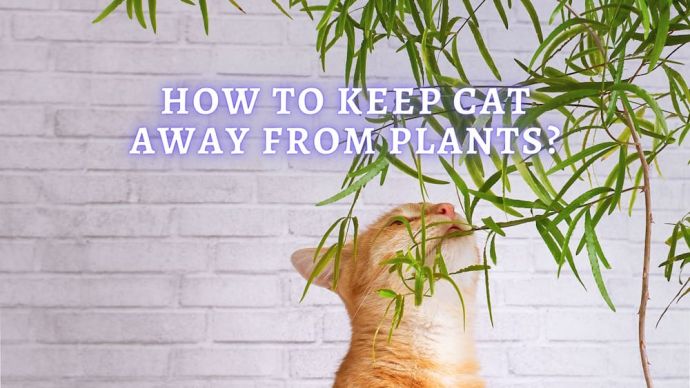 Cat Care How to Keep Cats out of Plants? How to Get Your Cat to Not Eat Plants?
Cat Care How to Keep Cats out of Plants? How to Get Your Cat to Not Eat Plants? - 403
- 0
 Cat Care Why Does My Cat Attack My Legs? 10 Reasons Why and What To Do About It (Vet-Approved Advice)
Cat Care Why Does My Cat Attack My Legs? 10 Reasons Why and What To Do About It (Vet-Approved Advice) - 45082
- 21
 Cat Veterinary Tips Cat Stomach Gurgling: Vet Advice on Why is Your Cat Stomach Gurgling?
Cat Veterinary Tips Cat Stomach Gurgling: Vet Advice on Why is Your Cat Stomach Gurgling? - 33734
- 4
 Cat Veterinary Tips My Cat Lost its Voice: Can Cats get Laryngitis? (Vet Advice)
Cat Veterinary Tips My Cat Lost its Voice: Can Cats get Laryngitis? (Vet Advice) - 22891
- 13









